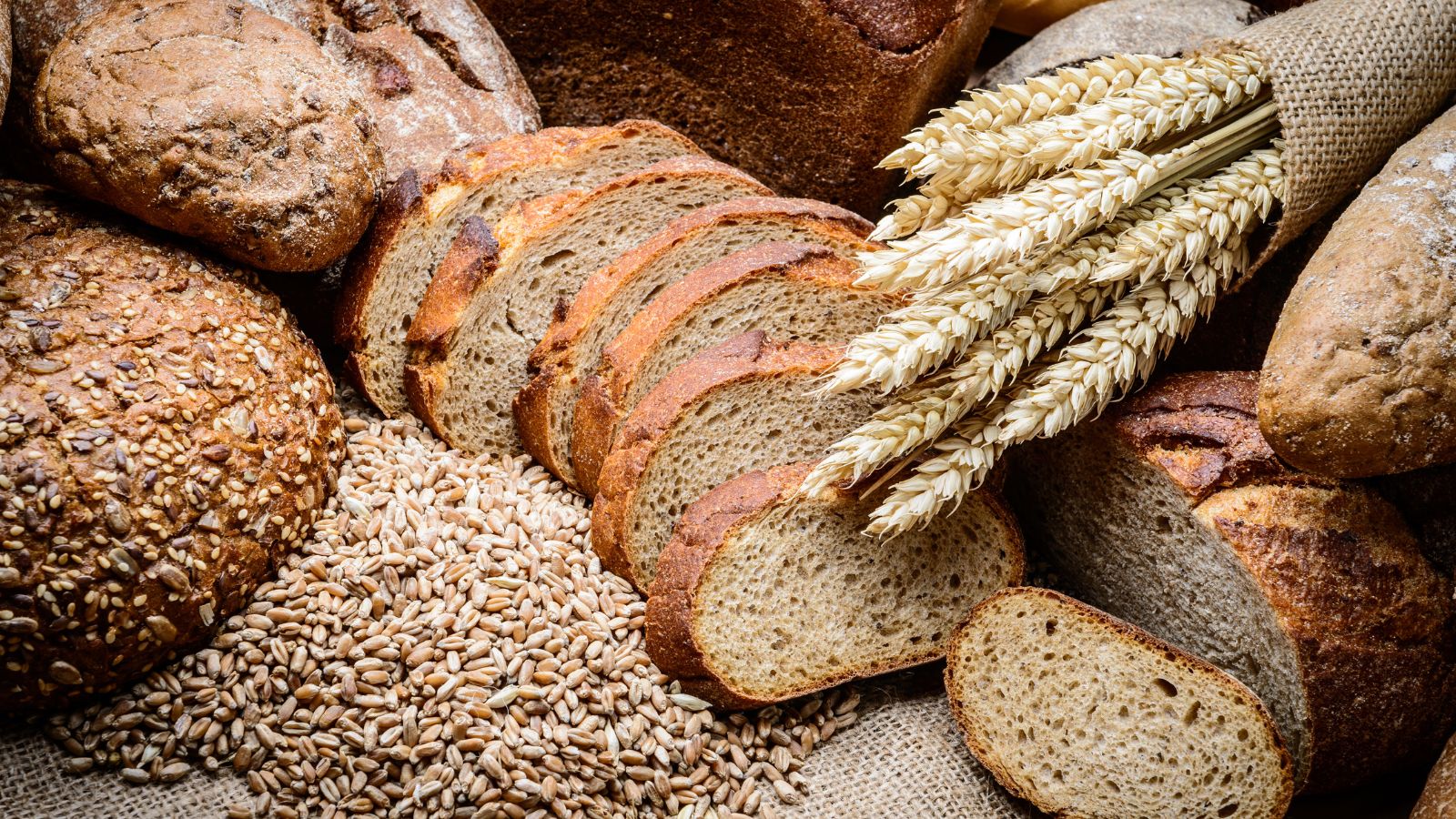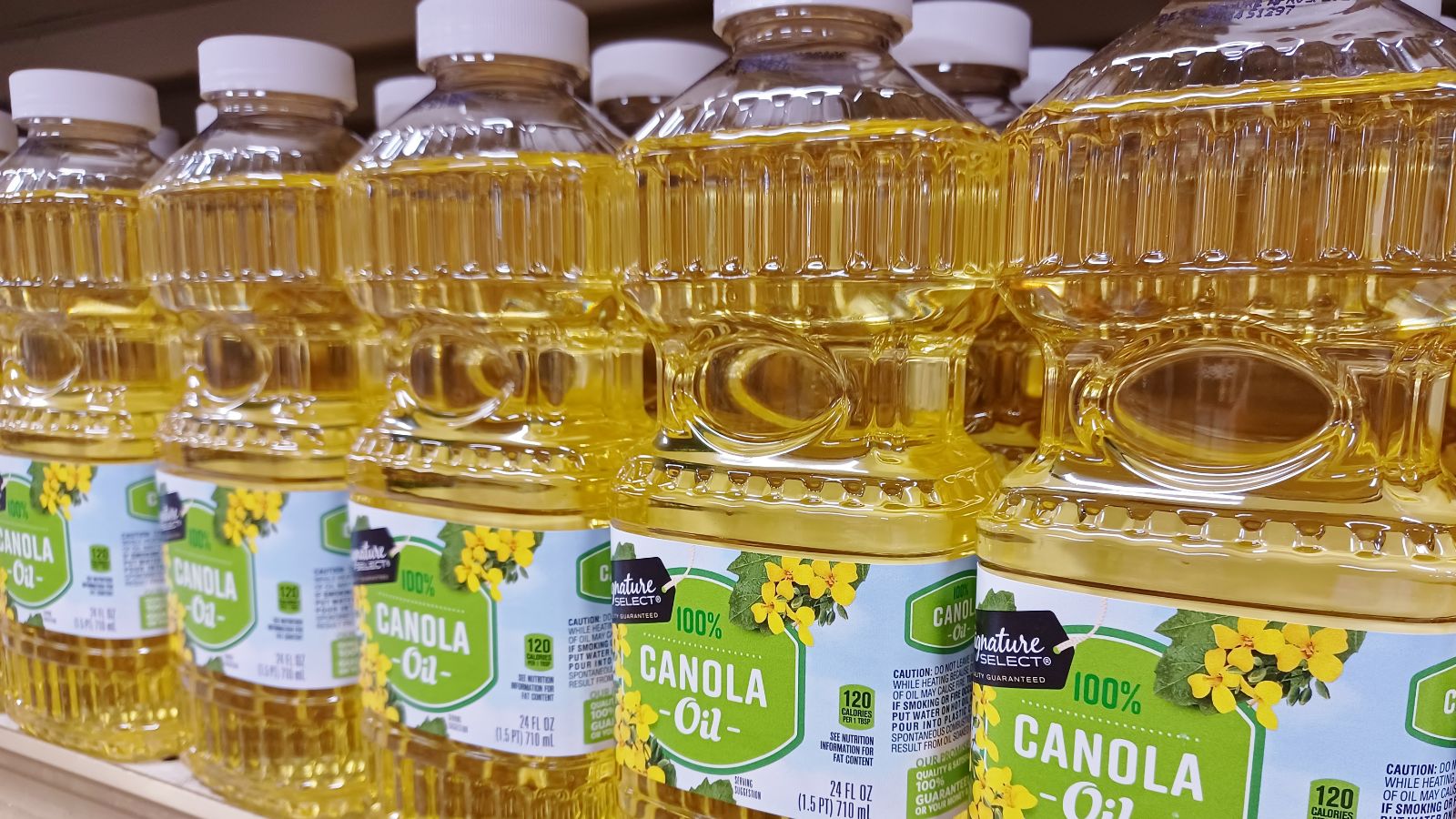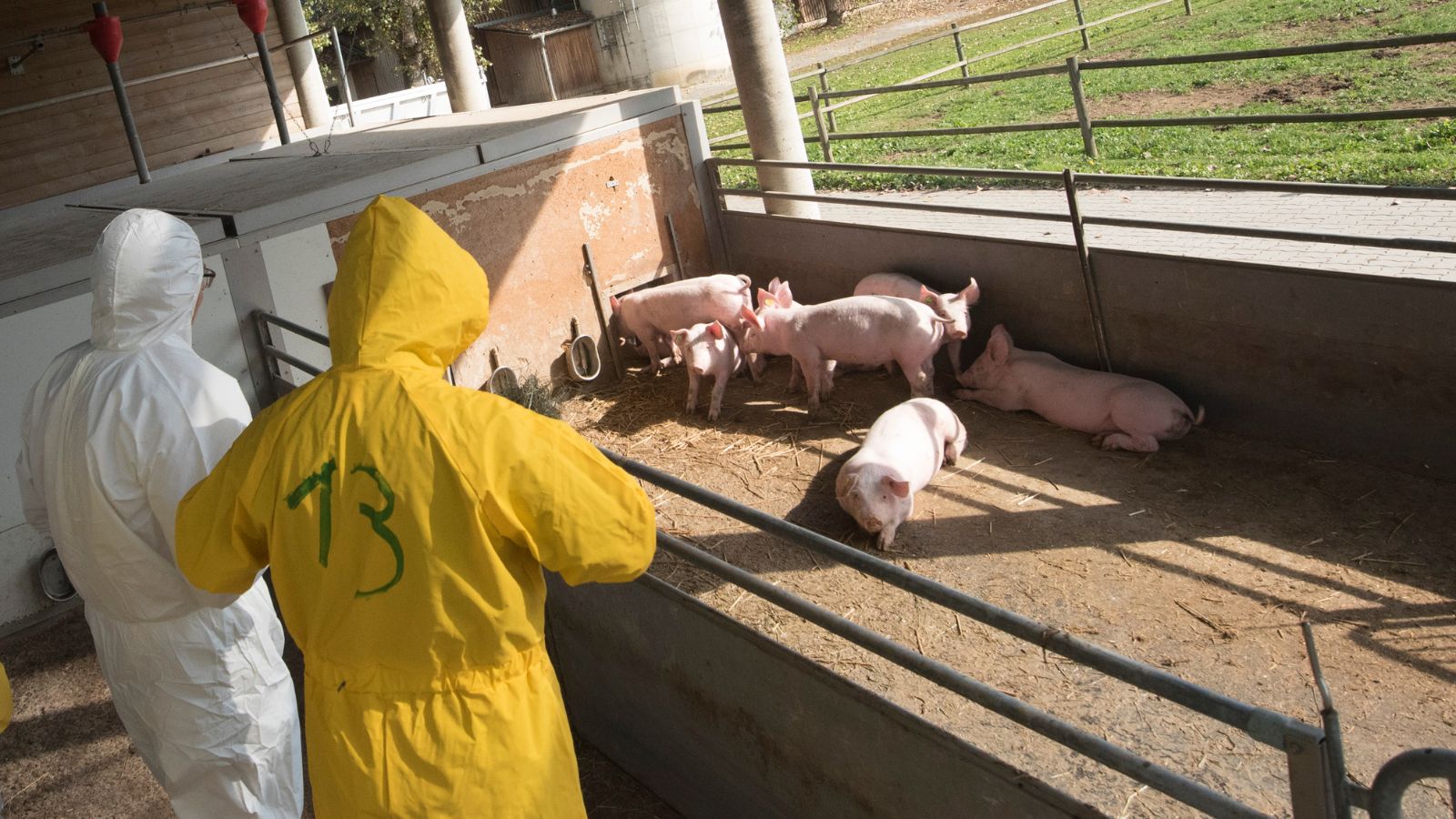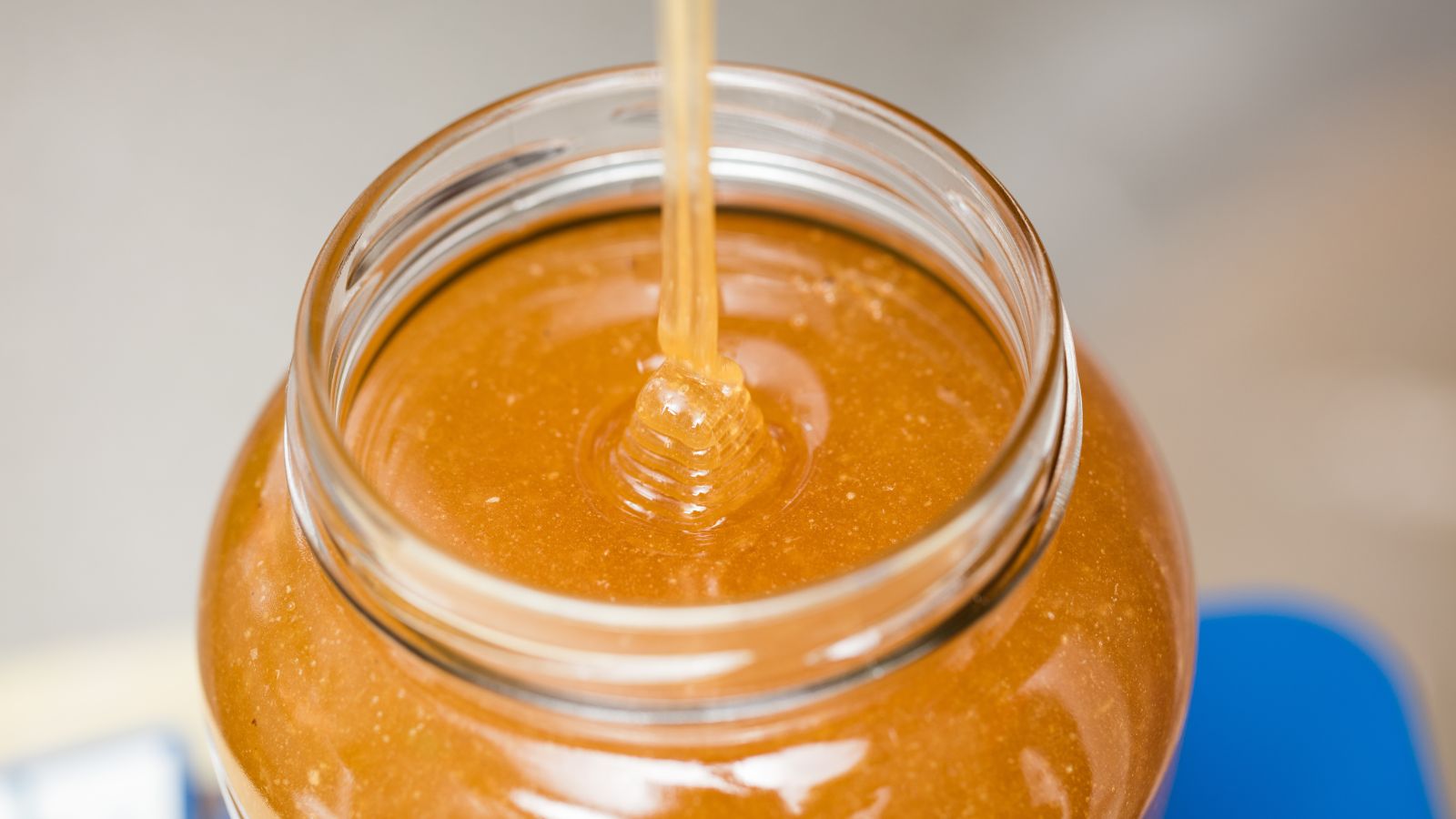Canada is home to a wealth of resources and industries that have become staples of daily life, not only for Canadians but also for international markets. But, as American political dynamics shift, many of these essential Canadian products face increasing pressure. Trade disputes, policy changes, and corporate interference from the U.S. often put these industries at risk. Here are 19 essential Canadian products threatened by U.S. politics.
Maple Syrup

Maple syrup is one of Canada’s most iconic and cherished products, with Quebec alone producing over 70% of the world’s supply. American tariffs on steel and aluminum in past trade disputes were met with retaliatory Canadian tariffs, including on syrup, highlighting how vulnerable this sweet commodity is to political leverage. U.S. agriculture lobbies occasionally push for favorable terms that could undercut Canadian producers, threatening a centuries-old tradition. As the syrup market becomes increasingly globalized, Canada’s dominance is under constant scrutiny.
Softwood Lumber

The softwood lumber dispute is one of the longest-running trade conflicts between Canada and the U.S. For decades, American lumber producers have claimed that Canadian lumber is unfairly subsidized, leading to duties and tariffs imposed on imports. These penalties drastically affect Canadian forestry communities and raise home-building costs on both sides of the border. Political posturing in Washington often worsens the issue, making this vital resource a pawn in broader negotiations.
Dairy Products

Canada’s dairy supply management system tightly regulates production and pricing, offering stability to Canadian farmers. However, American trade negotiators have long pushed for increased access to Canada’s dairy market, seeking to flood it with cheaper U.S. milk products. Such moves could destabilize domestic dairy farms and lead to inferior standards in Canadian grocery stores. The U.S. often frames this as a fairness issue, but the consequences for Canadian producers could be devastating.
Wheat and Grains

Canada is a major exporter of wheat, particularly to global markets in Asia and Europe. However, American efforts to dominate grain trade routes and shape international trade rules frequently sideline Canadian exporters. Additionally, U.S. subsidies to their own farmers distort global grain prices, putting Canadian wheat at a competitive disadvantage. Political lobbying from U.S. agribusiness threatens to marginalize Canada’s place in this essential sector.
Pharmaceuticals

Canada’s drug prices are significantly lower than those in the United States due to regulation and bulk purchasing. In recent years, some U.S. politicians have floated plans to import cheaper Canadian drugs to ease costs at home. While it may seem like a compliment, such a policy could deplete Canadian supplies and compromise domestic access. The threat here is not from competition, but from unbalanced policy siphoning Canadian resources.
Fishing and Seafood

Canada’s fishing industry, particularly in the Atlantic provinces, is a lifeline for many coastal communities. Yet, American fisheries policy and disputes over shared waters like the Gulf of Maine often result in aggressive lobbying and restrictive measures. Tariffs and licensing battles have emerged, with American politics increasingly influencing international fishing agreements. These developments place undue stress on Canadian fisheries struggling to maintain sustainability.
Canola Oil

Canada is the world’s largest exporter of canola oil, a product derived from crops largely grown in the Prairies. Trade agreements like NAFTA and the USMCA opened the door for export growth, but political shifts in Washington have introduced uncertainty. Regulatory moves or labeling laws in the U.S. could suddenly block access to vital markets. With tensions always simmering, canola farmers remain wary of being caught in the crossfire.
Aluminum

Aluminum is another essential Canadian export, especially to U.S. automotive and aerospace industries. When the Trump administration imposed tariffs on Canadian aluminum in 2018 under national security grounds, it sparked outrage and temporary retaliation. While those specific tariffs have since been lifted, the precedent has left Canadian producers vulnerable to future political whims.
Electricity

Hydroelectric power exported from Quebec and other provinces plays a significant role in some U.S. states’ energy strategies. However, American domestic energy policies are leaning toward protectionist and fossil-fuel-heavy directions. Any shift in energy sourcing incentives or tariffs on cross-border electricity could reduce Canadian revenue and weaken long-term partnerships. Clean Canadian energy may find itself squeezed out by politically motivated American energy plans.
Television and Film Content

Canada has a strong film and television production sector supported by government funding and domestic content regulations. Yet, U.S. streaming giants often resist Canadian content quotas and seek looser regulations when operating north of the border. Lobbying efforts could pressure Canadian lawmakers to water down protections in future trade deals. Without safeguards, Canadian voices in media could be drowned out by overwhelming U.S. influence.
Technology and Innovation

Canadian startups in areas like AI, fintech, and biotech are thriving, but many face acquisition pressure from large American firms. Often, this results in homegrown companies being absorbed and moved south of the border, eroding domestic innovation. Political changes that favor deregulated markets and cross-border mergers can accelerate this brain drain. Without protections, Canada risks losing its technological edge to more aggressive U.S. corporate strategies.
Telecommunications Equipment

Canada’s telecom infrastructure depends heavily on domestic innovation and public-private cooperation. However, with increased U.S. lobbying on 5G networks and national security concerns, decisions about vendors and equipment suppliers are often influenced by American interests. Canada faces pressure to align with U.S. policy, even when it doesn’t serve local economic or technological needs. This external influence threatens sovereignty over critical digital infrastructure.
Water Bottling and Export

Canada has one of the world’s largest reserves of freshwater, and U.S. companies have increasingly shown interest in tapping into it. Political pressure for bulk water exports to drought-stricken U.S. regions could endanger local ecosystems and Indigenous water rights. Currently, there are few binding protections against mass water extraction. With U.S. policy leaning toward resource acquisition, Canadian water could become the next battleground.
Timber and Pulp Products

Beyond softwood lumber, Canada’s broader forest product sector, including pulp for paper and packaging, faces challenges from American tariffs and environmental lobbying. U.S. legislation often sets standards that Canadian exporters must comply with, regardless of domestic regulations. These cross-border impositions can restrict market access and increase production costs. The industry’s future may hinge on resisting politically charged restrictions from the U.S.
Automotive Components

Canada’s auto parts sector is deeply integrated with American manufacturers through supply chains stretching across the border. However, U.S. protectionist moves to favor domestic content in vehicle production, especially electric vehicles,threaten Canadian suppliers. Legislative incentives in the U.S. can divert investments and force Canadian firms to set up shop stateside. As American politics leans toward economic nationalism, Canada’s role in North American auto production is increasingly under threat.
Cattle and Livestock

Canadian cattle ranchers have long depended on cross-border trade with the U.S., but American food safety laws and labeling rules are often used to disadvantage Canadian meat. For example, country-of-origin labeling can skew consumer perception and restrict Canadian beef in U.S. stores. These tactics, although subtle, are politically driven and deeply affect rural economies. As U.S. farm policy grows more inward-looking, Canadian livestock producers may be squeezed out.
Honey and Bee Products

Canada produces high-quality honey and related products, often free from the chemical contaminants found in other regions. Yet, large-scale U.S. honey producers have been accused of dumping cheap, lower-grade product into markets, undercutting Canadian beekeepers. Regulatory inconsistencies between the two countries leave Canadian producers vulnerable. Without stronger protections, American policies could wipe out small, sustainable Canadian operations.
Craft Beer and Spirits

Canada’s craft alcohol industry is booming, known for its quality and innovation. Butr, American alcohol import regulations and massive beverage conglomerates often block Canadian brands from making inroads into U.S. markets. Trade deals sometimes offer little protection for small producers, leaving them to battle American giants with disproportionate resources. U.S. political favoritism for its domestic alcohol lobby threatens to marginalize Canada’s thriving scene.
Artisanal and Indigenous Products

From Inuit carvings to Indigenous fashion and art, Canada’s cultural exports are rich and diverse. Yet, intellectual property protections are often weaker in international trade, allowing American companies to replicate or misappropriate these goods. U.S. trade policy has not consistently respected or enforced protections for Indigenous creators. The survival of these culturally significant products may depend on shielding them from exploitation driven by lax American oversight.
21 Products Canadians Should Stockpile Before Tariffs Hit

If trade tensions escalate between Canada and the U.S., everyday essentials can suddenly disappear or skyrocket in price. Products like pantry basics and tech must-haves that depend on are deeply tied to cross-border supply chains and are likely to face various kinds of disruptions
21 Products Canadians Should Stockpile Before Tariffs Hit
